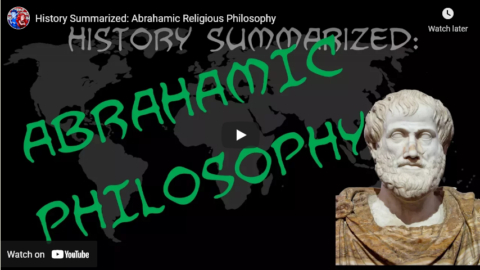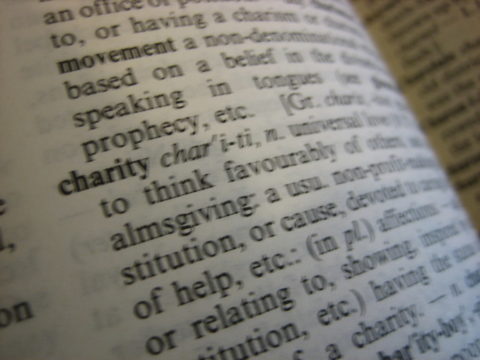 For the Roman (or most any ancient polytheist) there is never much question of if the gods exist. True atheism was extremely rare in the pre-modern world – the closest ancient philosophy gets to is Epicureanism, which posits that the gods absolutely do exist, but they simply do not care about you (the fancy theological term here is immanence (the state of being manifest in the material world). Epicureans believed the gods existed, but were not immanent, that they did not care about and were little involved with the daily functioning of the world we inhabit). But the existence of the gods was self-evident in the natural phenomena of the world. Belief was never at issue.
For the Roman (or most any ancient polytheist) there is never much question of if the gods exist. True atheism was extremely rare in the pre-modern world – the closest ancient philosophy gets to is Epicureanism, which posits that the gods absolutely do exist, but they simply do not care about you (the fancy theological term here is immanence (the state of being manifest in the material world). Epicureans believed the gods existed, but were not immanent, that they did not care about and were little involved with the daily functioning of the world we inhabit). But the existence of the gods was self-evident in the natural phenomena of the world. Belief was never at issue.
(This is, as an aside, much the world-view we might expect from a universe – as is often the case in speculative fiction or high fantasy – where divine beings are not merely immanent, but obviously so, intervening in major, visibly supernatural ways. The point at which this or that supernatural, divine being brings someone back to life, grants them eternal youth or makes swords light on fire ought to be a pretty substantial theological awakening for everyone there. Even for other polytheists, such displays demand the institution of cult and ritual.)
This, of course, loops back to one of my favorite points about history: it is generally safe to assume that people in the past believed their own religion. Which is to say that polytheists genuinely believe there are many gods and that those gods have power over their lives, and act accordingly.
In many ways, polytheistic religions, both ancient and modern (by modern polytheisms, I mean long-standing traditional religious structures like Hinduism and Shinto, rather than various “New Age” or “Neo-pagan” systems, which often do not follow these principles), fall out quite logically from this conclusion. If the world is full of gods who possess great power, then it is necessary to be on their good side – quite regardless of it they are morally good, have appropriate life philosophies, or anything else. After all, such powerful beings can do you or your community great good or great harm, so it is necessary to be in their good graces or at the very least to not anger them.
Consequently, it does not matter if you do not particularly like one god or other. The Greeks quite clearly did not like Ares (the Romans were much more comfortable with Mars), but that doesn’t mean he stopped being powerful and thus needing to be appeased.
So if these polytheistic religions are about knowledge, then what do you need to know? There are two big things: first you need to know what gods exist who pertain to you, and second you need to know what those gods want.
Two things I want to pull out here. First: the exact nature and qualities of the gods do not really matter, because remember, the goal is practical results. Crops need to grow, ships need to sail, rain needs to fall and the precise length of Zeus’ beard is profoundly unimportant to those objectives, but getting Zeus to bring storms at the right times is indispensable. The nature of the gods largely does not matter – what matters is what you need to do to keep them happy.
Second, you may be saying – you keep ramming home the idea that you have to cultivate all of the gods – what is this “pertaining to you” business? What I mean by this is that while the polytheist typically accepts the existence of vast numbers of gods (often vast beyond counting), typically only a subset of those gods might be immediately relevant. Some gods are tied to specific places, or specific families, or jobs, or problems – if you don’t live in that place, belong to that family, hold that job, etc., then you don’t need to develop a relationship with that god.
Nevertheless, everyone typically needs to develop a relationship with the big gods – the sort whose name you know from a high school or college class – that control big parts of life we all share, along with a bunch of smaller gods which pertain to smaller parts of our lives or perhaps only to select groups of people (we’ll talk more about these “little” gods later in this series, because they are fascinating).
Bret Devereaux, “Collections: Practical Polytheism, Part I: Knowledge”, A Collection of Unmitigated Pedantry, 2019-10-25.










